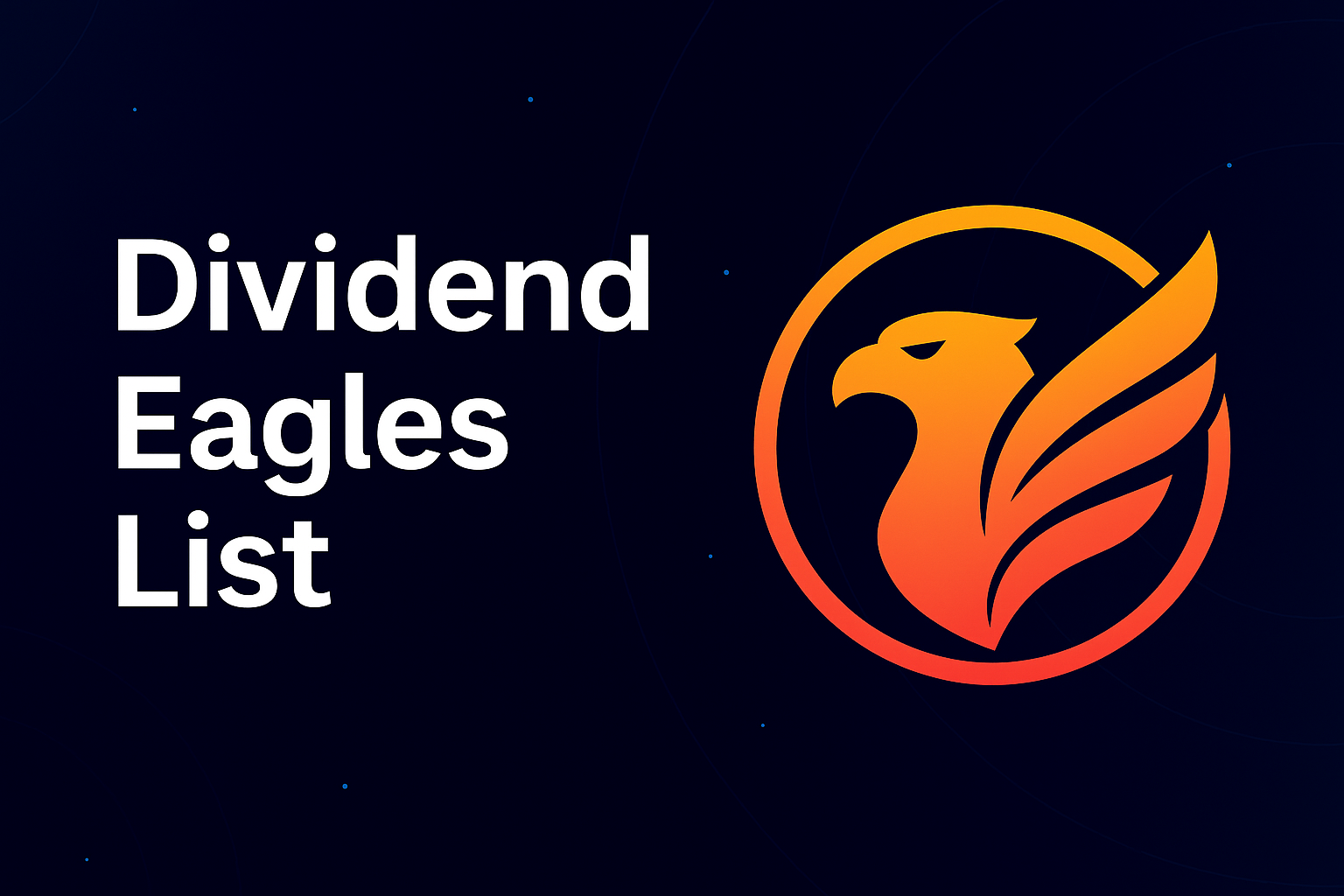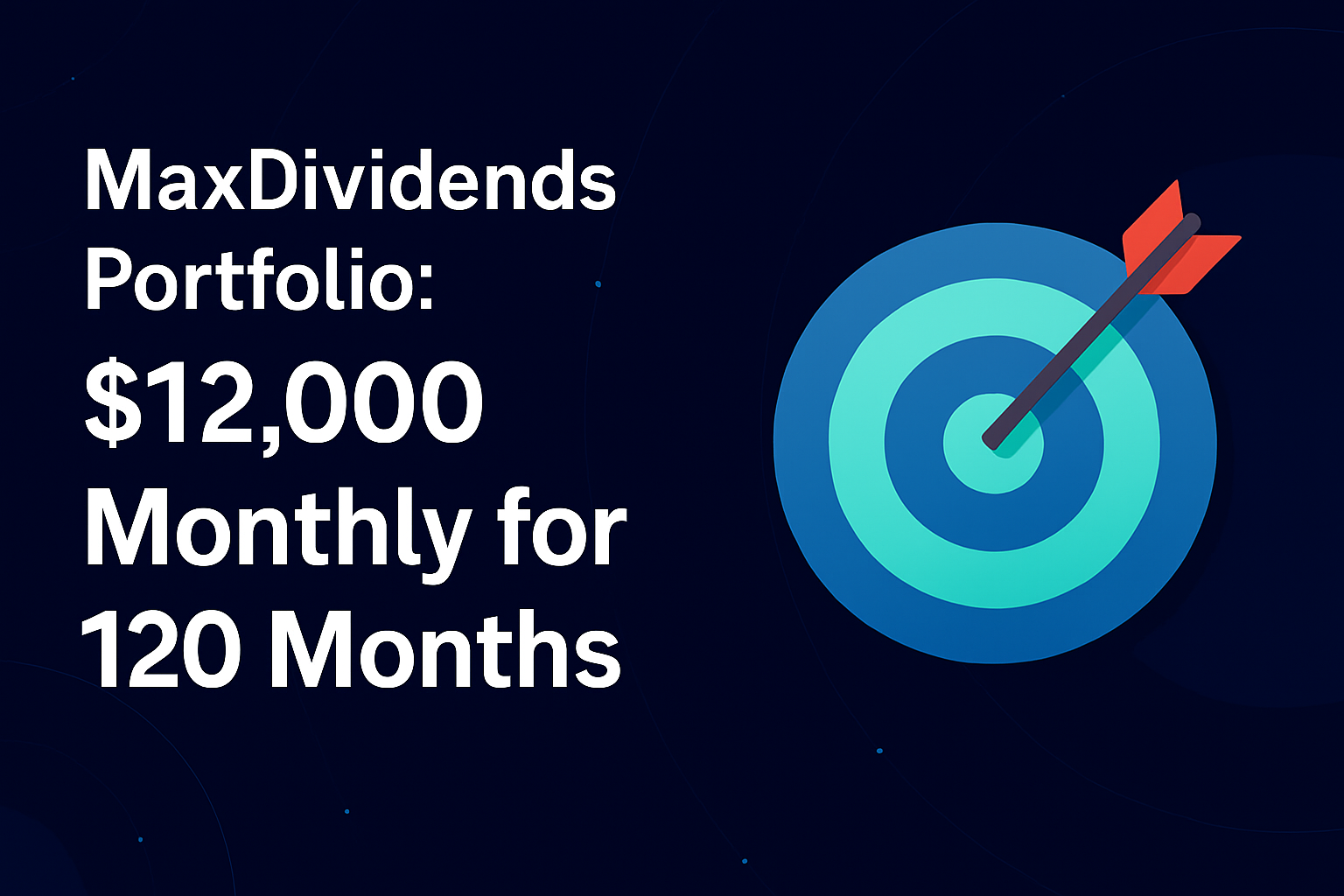Managing your personal finance effectively and building good financial habits are crucial steps toward securing your financial future. In this article, we will provide essential tips to help you master the art of money management, make informed financial decisions, and cultivate lasting financial habits that will serve you well throughout your life.
Table of Contents
Get Organized and Set Clear Financial Goals
In the pursuit of financial success, it’s essential to begin by getting organized and setting clear financial goals. This article will guide you through the process of organizing your finances, providing practical tips on designating a space, utilizing tools like filing cabinets, and making use of online statements. Additionally, we’ll explore the importance of defining specific short and long-term financial goals, complete with target amounts, to pave the way for a secure financial future.
- Organizing Your Finances:
- Designate a Dedicated Space: Start by designating a specific area or room in your home where you can manage your finances comfortably. Having a dedicated space can help you focus on financial tasks.
- Utilize Filing Cabinets: Filing cabinets are excellent tools for organizing your financial documents. Categorize your paperwork, such as bills, bank statements, and receipts, into labeled folders to simplify access and retrieval.
- Embrace Online Statements: Opt for paperless statements and bills to reduce clutter. Accessing financial documents online not only saves physical space but also helps streamline your financial record-keeping.
- Setting Clear Financial Goals:
- Short-Term Goals: Define specific short-term financial goals, such as saving for a vacation, paying off credit card debt, or building an emergency fund. These goals should have a clear target amount and a realistic timeline for achievement.
- Long-Term Goals: Establish long-term financial goals that extend beyond several years. Examples include saving for retirement, buying a home, or funding your child’s education. These goals require more extended planning and commitment.
- Specific Targets: Ensure that your financial goals are specific and measurable. For instance, instead of a vague goal like “save money,” set a specific target like “save $5,000 by the end of the year.”
- Prioritize and Plan: Rank your financial goals by priority. Allocate your resources and efforts accordingly. Create a detailed plan outlining the steps you’ll take to achieve each goal.
- Regularly Review and Adjust: It’s essential to periodically review your financial goals and make necessary adjustments. Life circumstances change, and so should your financial objectives.
Create and Follow a Realistic Budget
Creating and adhering to a realistic budget is a fundamental step toward financial stability and success. This article will guide you through the process of crafting a comprehensive budget that tracks both your income and expenses. We’ll discuss the importance of categorizing your spending priorities and allocating resources for essentials, debt payments, and top priorities while also practicing restraint in discretionary spending.
Crafting a Comprehensive Budget:
Record All Income: Begin by listing all your sources of income, including your salary, side gigs, rental income, and any other financial inflows. A thorough understanding of your earnings is the foundation of effective budgeting. Track All Expenses: Record all your expenses, both fixed and variable. This includes rent or mortgage payments, utilities, groceries, transportation, entertainment, and any other costs you incur regularly. Make sure to leave no expense unaccounted for.
Prioritizing Your Spending:
Essentials First: Allocate a significant portion of your budget to cover essential expenses such as housing, utilities, groceries, and healthcare. These are non-negotiable items that ensure your basic needs are met. Debt Payments: If you have outstanding debts, prioritize them in your budget. Create a plan to pay off credit card balances, loans, or any other outstanding financial obligations. This not only reduces your debt but also frees up more funds for your financial goals. Top Priorities: Identify and prioritize your most important financial goals. These could include saving for retirement, building an emergency fund, or investing in education. Allocate a portion of your budget to make progress toward these objectives.
Limit Discretionary Spending:
Set Limits: Create a cap on discretionary spending, which includes non-essential expenses like dining out, entertainment, and shopping. This will help you maintain financial discipline. Track and Adjust: Monitor your discretionary spending regularly. If you find you’re consistently exceeding your limits in certain areas, consider making adjustments to align your spending with your budget.
Live Within Your Means
Living within your means is a fundamental principle in achieving financial stability and success. This article will guide you through the key aspects of this financial strategy, including spending less than you earn, faithfully adhering to your budget, and providing practical tips to save money in your daily life.
- Living Within Your Means:
The essence of living within your means is quite simple: ensure that your expenses are consistently less than your income. This fundamental financial practice not only prevents debt accumulation but also empowers you to allocate funds for saving, investing, and achieving your financial goals.
- Stick to Your Budget:
Creating and sticking to a budget is a crucial step in living within your means. Your budget serves as a roadmap, guiding your spending decisions and helping you avoid unnecessary financial pitfalls. It also allows you to prioritize expenses based on your financial goals.
Tips for Saving Money:
- Brew Coffee at Home: One cost-effective change in your daily routine is brewing your coffee at home instead of frequenting costly coffee shops. Over time, this simple adjustment can lead to significant savings.
- Clip Coupons: Keep an eye out for coupons, discounts, and promotional offers when shopping for groceries and other everyday items. These small savings can accumulate and contribute to your objective of spending less than you earn.
- Cook at Home: Dining out regularly can strain your budget. Preparing meals at home not only saves money but also gives you control over the ingredients you use, potentially leading to healthier choices.
- Cancel Unnecessary Subscriptions: Periodically review your monthly subscriptions and memberships. Identify and eliminate those that you no longer use or need, freeing up funds for more essential expenses.
- Reduce Energy Usage: Lower your utility bills by adopting energy-efficient practices, such as using energy-saving appliances, turning off lights when not in use, and properly insulating your home. These actions can positively impact your financial situation.
Pay Off Debts From High to Low Interest
Effectively managing your debts is a crucial step toward financial freedom. This article will guide you through a debt repayment strategy that focuses on paying down high-interest debts first while ensuring you maintain minimum payments on all your obligations. Additionally, we’ll discuss the benefits of seeking credit counseling if necessary and provide insights on using credit wisely.
Debt Repayment Strategy:
- Prioritize High-Interest Debts: Identify and tackle debts with the highest interest rates first. High-interest debts cost you more over time, making them a priority for faster repayment. This approach minimizes the financial burden associated with excessive interest charges.
- Minimum Payments on All Debts: While focusing on high-interest debts, make sure to continue making minimum payments on all your obligations. This ensures that you stay current on your accounts and maintain a positive credit history.
Benefits of Paying High-Interest Debts First:
- Interest Savings: By targeting high-interest debts, you’ll save money on interest charges in the long run, allowing you to pay off your debts faster.
- Improved Credit Score: Reducing outstanding high-interest debts can positively impact your credit score, making it easier to access credit in the future at more favorable terms.
- Financial Freedom: Paying off high-interest debts liberates you from the weight of excessive interest and brings you closer to financial freedom.
Seeking Credit Counseling:
If you find it challenging to manage your debts or need expert guidance, consider seeking credit counseling. Credit counselors can help you create a personalized debt repayment plan, negotiate with creditors, and provide valuable financial education to improve your financial literacy.
Using Credit Wisely:
As you work on paying down your debts, it’s important to develop healthy credit habits:
- Budget Wisely: Create a budget that allows you to meet your financial obligations while leaving room for savings and unexpected expenses.
- Avoid Excessive Credit Use: Be cautious about accumulating new debt while you’re working on paying down existing balances.
- Build an Emergency Fund: Having an emergency fund can help you avoid relying on credit in times of unexpected financial stress.
Build Emergency Savings and Save Regularly
Financial stability requires consistent saving and building an emergency fund. Automate transfers to designated savings accounts to achieve this. The goal is to save at least 1-6 months’ living expenses, offering peace of mind and financial resilience.
Building Emergency Savings and a Savings Habit:
Automate savings for regular contributions to your emergency fund, aiming for 1-6 months of living expenses coverage. Consistency is key, and set additional savings goals for various purposes like retirement or a dream vacation.
Benefits of Regular Saving:
- Financial security to handle unexpected expenses.
- Peace of mind and reduced financial stress.
- Ability to seize investment opportunities and life events.
Take Advantage of Employer Retirement Plans
Securing your financial future is closely tied to making the most of employer-sponsored retirement plans. This article will highlight the significance of contributing enough to your 401(k) or other employer retirement plan to receive the full employer match, a move that can significantly boost your retirement savings.
Maximizing Employer Retirement Plans:
- Contribute Sufficiently: Ensure you contribute enough to your employer-sponsored retirement plan, such as a 401(k), to maximize the employer match. Employer matches are essentially free money that your company offers as an incentive for your retirement savings.
- Understanding Employer Match: Employer matches vary, but a common structure is a dollar-for-dollar match up to a certain percentage of your salary. For example, if your employer offers a 50% match on the first 6% of your salary, you should aim to contribute at least 6% of your income to get the full match.
Benefits of Maximizing Employer Retirement Plans:
- Instant Return: Employer matches provide an immediate and substantial return on your investment, effectively doubling your contributions.
- Tax Advantages: Contributions to 401(k)s are typically tax-deferred, meaning you reduce your taxable income in the present, potentially leading to lower tax liability.
- Compound Growth: By taking advantage of employer matches, you set the stage for your contributions to grow through compound interest over time, significantly bolstering your retirement savings.
Avoid Impulse Purchases and Buy Only What You Need
Impulse spending can wreak havoc on your finances, but with a few simple strategies, you can avoid impulse spending and buy less of what you truly need. By practicing mindfulness, adhering to a well-structured shopping list, and incorporating a 24-hour waiting period for discretionary purchases, you can resist the allure of impulse buying and make more informed and financially responsible choices.
Educate Yourself and Stay On Top of Your Finances
In today’s fast-paced world, staying on top of your finances is essential for a secure and prosperous future. To achieve financial success, it’s crucial to invest in financial education and consistently track your financial activities. Here’s how you can do it:
Read Personal Finance Resources: Start by delving into books, articles, and blogs about personal finance. Knowledge is power, and the more you understand about financial concepts, the better equipped you’ll be to make informed decisions.
Thoroughly Research Financial Decisions: Before making any major financial decisions, such as investments or large purchases, conduct thorough research. Understand the risks and potential rewards to make the best choices for your situation.
Daily Account Check: Make it a habit to check your financial accounts daily. This includes your bank accounts, credit cards, and investments. Regular monitoring helps you spot any unusual activity or discrepancies quickly.
Weekly Progress Review: Set aside time each week to review your financial progress. This can involve tracking your income, expenses, and net worth. Use this data to make adjustments to your financial strategy as needed.
Track All Transactions: Record every financial transaction, no matter how small. Whether it’s a cup of coffee or a significant purchase, keeping a record of all your transactions helps you understand where your money is going.
By investing in financial education and consistently tracking your finances, you’ll gain greater control over your financial future. It’s a proactive approach that will lead to smarter financial decisions and a more secure and prosperous life.
How We Can Help To Make Money
In this section, we shed light on the transparency of our website’s revenue generation through educational resources and partnerships. Our team of experts will provide insights into how we help you make money and the various compensation mechanisms, such as advertising and partnerships, that sustain our platform. This clarity ensures that you can trust our commitment to your financial success.
Bottom Line
Ultimately, the bottom line for achieving enduring financial success boils down to nurturing positive money habits. By consistently practicing sound financial habits, you can effectively manage your money and work towards your long-term financial goals. This section serves as a reminder of the fundamental importance of your financial behavior in shaping your financial future.
FAQ
How can I train myself to be better with money?
To improve your financial habits, start by creating a budget to track your income and expenses. Educate yourself on personal finance through books, courses, or reputable websites. Consider seeking advice from a financial advisor for personalized guidance. Additionally, practicing self-discipline, setting clear financial goals, and regularly monitoring your progress can help you become better with money.
How do I stop being so bad with money?
To break free from poor financial habits, begin by identifying your spending triggers and creating a budget to control your expenses. Avoid impulsive purchases and follow a well-structured shopping list. Consider implementing a 24-hour waiting period for discretionary spending. Seek help from a financial mentor or advisor for guidance, and regularly review your financial accounts to stay on top of your finances and make informed decisions.
You Might Also Like
- What Is a Qualified Dividend? A Clear Explanation
- What Is Forward Dividend and Yield? A Simple Explanation
- Dividend Aristocrats List: The Ultimate Guide for Investors
- Dividend Rate vs APY: Understanding the Key Differences





